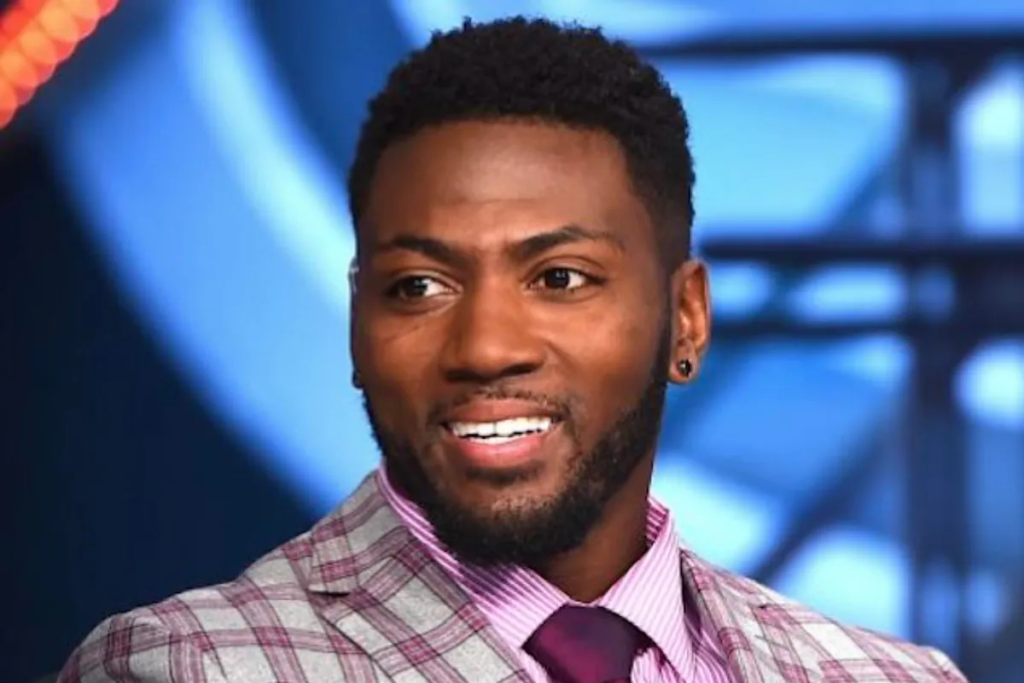Ryan Clark, former NFL defensive back and current ESPN analyst, recently found himself at the center of controversy after making pointed remarks involving Robert Griffin III and his wife, Grete Griffin. The discussion, which originally stemmed from the ongoing debate around WNBA stars Caitlin Clark and Angel Reese, took a personal turn that Clark now admits went too far.
During a heated segment on “The Pivot” podcast, Clark critiqued RGIII’s take that Angel Reese “hates” Caitlin Clark. Ryan Clark responded by calling out Griffin’s perspective, tying it to Griffin’s interracial marriage and suggesting it may affect his understanding of Black women’s experiences. The comments were swiftly met with backlash.
Griffin didn’t hold back in his response, describing Clark’s remarks as “cowardly, spineless, and weak.” The discourse sparked wide-ranging conversations online about race, relationships, and what boundaries should be respected in public commentary.
Clark owns up to crossing a line
Following the reaction, Clark issued a public apology on his podcast, clarifying that he never should have included Grete Griffin in the discussion in the first place.
“She should not have been brought up in me trying to make a point about how having Black women close to you and the things that you can learn from them can help you approach how you speak to, and about them,” Clark said.
He explained that a video Griffin had posted, in which Grete appeared in the background, rubbed him the wrong way. Clark interpreted the clip as ridiculing Angel Reese, and felt Grete’s presence “almost as a prop” added to what he saw as mockery. Even so, he recognized that it was a mistake to involve her at all.
“I was out of line, I was out,” Clark admitted, stressing that no one’s family should be dragged into a public disagreement. He explicitly asked others to avoid attacking Griffin’s family moving forward, regardless of how contentious the debate may be.
Clark went on to say his intention was to emphasize how meaningful relationships with Black women have shaped his own views, not to discredit or diminish anyone else.
“I can speak positively about what [Black women] are without making the insinuation that it’s something that non-[Black women] aren’t,” he clarified.
The situation serves as a reminder of how complex and emotionally charged public discourse around race and gender can become, particularly when personal relationships are brought into the mix. While Clark’s apology was well-received by some, others have continued to debate the original comments and the broader implications for sports media personalities.
In the end, the controversy revealed the delicate line that analysts must walk-balancing strong, informed opinions with respect for personal boundaries. Clark’s acknowledgment of his mistake may serve as a lesson in accountability, especially in a media landscape where personal lives are often thrust into public view.
Read the full article here

